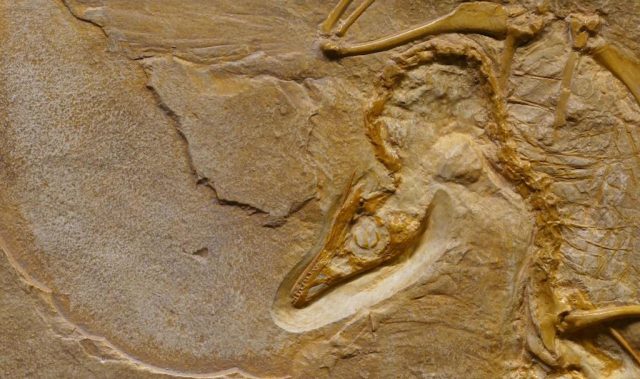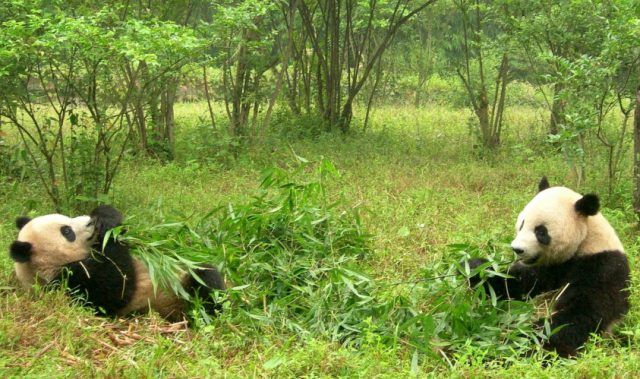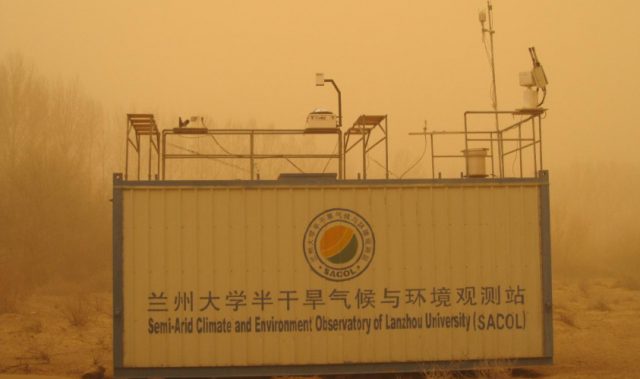
AsianScientist (Jan. 10, 2017) – Researchers have found that microbial communities in extremely nutrient-rich or nutrient-poor environments are most susceptible to climate change. Their results have been published in Nature Communications.
Despite the growing consensus on climate change, we still know fairly little about the specific impacts of climate change on broad geographical scales, such as the nutrient enrichment of waterways. To address the question of how microbial communities respond to climate change, a team from the University of Helsinki and the Nanjing Institute of Geography and Limnology, Chinese Academy of Sciences have studied hundreds of microcosms in mountainous regions in both China and Norway.
Their results indicate that differentiating between the effects of temperature variations and aquatic nutrient enrichment can help us understand the possible effects of climate change in different environments. The typically nutrient-poor waters in the north, for example, are extremely susceptible to temperature variations, and as the climate warms up, species that have adapted to the cold will decline.
The silver lining is that biodiversity may at first improve as the climate warms up, as species that thrive in warmer areas increase. However, biodiversity will again start to decline when the temperature continue to rise.
Another significant finding in this research was that, like plants and animals, different species of bacteria clearly live at different levels of elevation. The bacteria in high mountain areas in the tropics are similar to the bacteria in arctic areas due to the similar cold climate.
The article can be found at: Wang et al. (2016) Nutrient Enrichment Modifies Temperature-biodiversity Relationships in Large-scale Field experiments.
———
Source: Chinese Academy of Sciences.
Disclaimer: This article does not necessarily reflect the views of AsianScientist or its staff.












